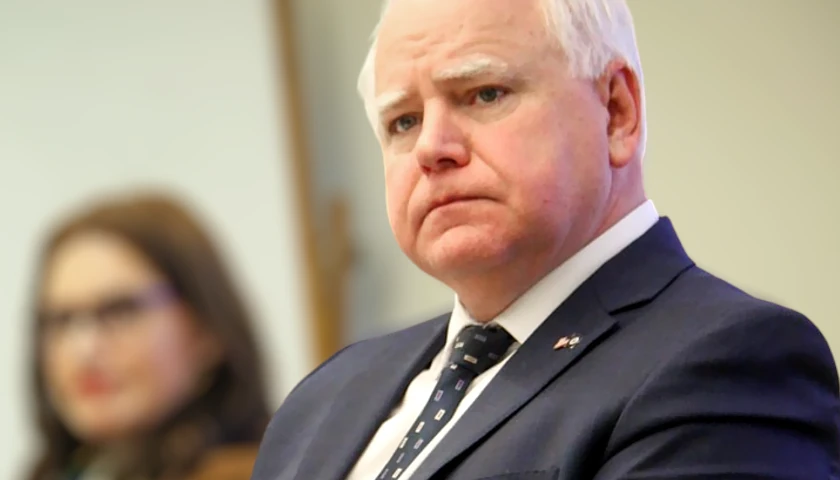Editor’s Note: This is the last of three stories examining Gov. Mike DeWine’s use of pay-to-play when he was attorney general and how the Ohio Republican Party funnels money from donors to individual candidates. This series also examined the relationship between the party, DeWine and former House Speaker Larry Householder to FirstEnergy. The first story is here, while the second part of the series is available here.
FirstEnergy donated generously to Mike DeWine, his son Patrick DeWine, Larry Householder, who wanted to become House speaker for the second time in his life, as well as the Ohio Republican Party, as our special series shows.
FirstEnergy, as well as Ohio Republican Party Chair Jane Timken, helped Householder achieve his dream in January 2019. His first time as speaker was 2001-2004.
Householder, according to a story by cleveland.com, recruited a group of candidates for the House’s 2018 election who would need his help to gain office, the newspaper said, citing a federal charging document.
FirstEnergy allegedly provided money to Householder, who then allegedly funneled the money to these candidates; those who won voted for him as speaker. FirstEnergy, in return, reportedly received a $1 billion bailout for two nuclear plants, the story alleges.
One of those newly elected representatives, Jamie Callender (R-OH-61), received $13,700 from the FirstEnergy Pac and $7,707 from Householder. The Householder-aligned Growth and Opportunity PAC spent at least $45,000 on ads supporting him, according to Medium Buying, a Columbus political ad-tracking firm.
Callender introduced House Bill 6, the bailout bill.
Householder really wanted to be speaker for the second time in his legislative career. Timken did her best to help him, despite warning signs, reports indicate.
House Speaker Cliff Rosenberger’s resignation in 2018 amid an FBI investigation had thrown the House into chaos as the chamber’s No. 2, Rep. Kirk Schuring, had no authority to pass bills, the Associated Press reported in 2018.
State Rep. Ryan Smith stood in Householder’s way because he also wanted the job. The House hit a stalemate.
Timken worked out a deal with Schuring and Householder to adjust House rules so Schuring could pass bills. Smith did not play along, the AP said.
The Columbus Dispatch in June 2018 reported on how Timken helped Householder. The newspaper suggested Timken’s attempt to broker a deal between Smith and Householder helped the latter, and questioned Schuring’s claims that Timken regretted using the party to funnel money from Household’s donors back to his campaign.
Asked about Timken’s role in helping Householder, Schuring, R-Canton, the acting speaker, told Siegel, “I can’t put words in her mouth, but I think she admits that was something she regrets.”
The newspaper questions that supposed regret and how Timken reportedly worked with the party to funnel more money from Householder supporters, including FirstEnergy executives.
In 2004, there was a state and federal probe related to a leaked memo, the AP reported. The memo accused Householder and two consultants of laundering campaign contributions for personal use. No charges were filed. The consultants and Householder denied the allegations.
– – –
Jason M. Reynolds has more than 20 years’ experience as a journalist at outlets of all sizes. The Associated Press, including Julie Carr Smyth, AP Statehouse Correspondent, contributed to this story.





